Vuelta a Espana: Nairo Quintana takes lead with lone win in Covadonga
Third Colombian to win on iconic climb
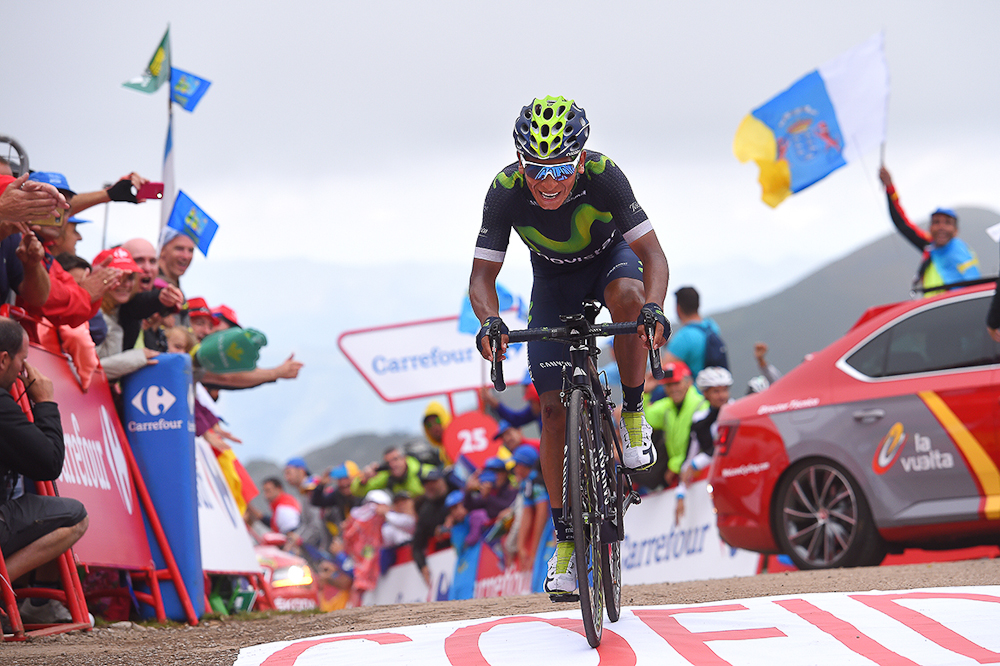
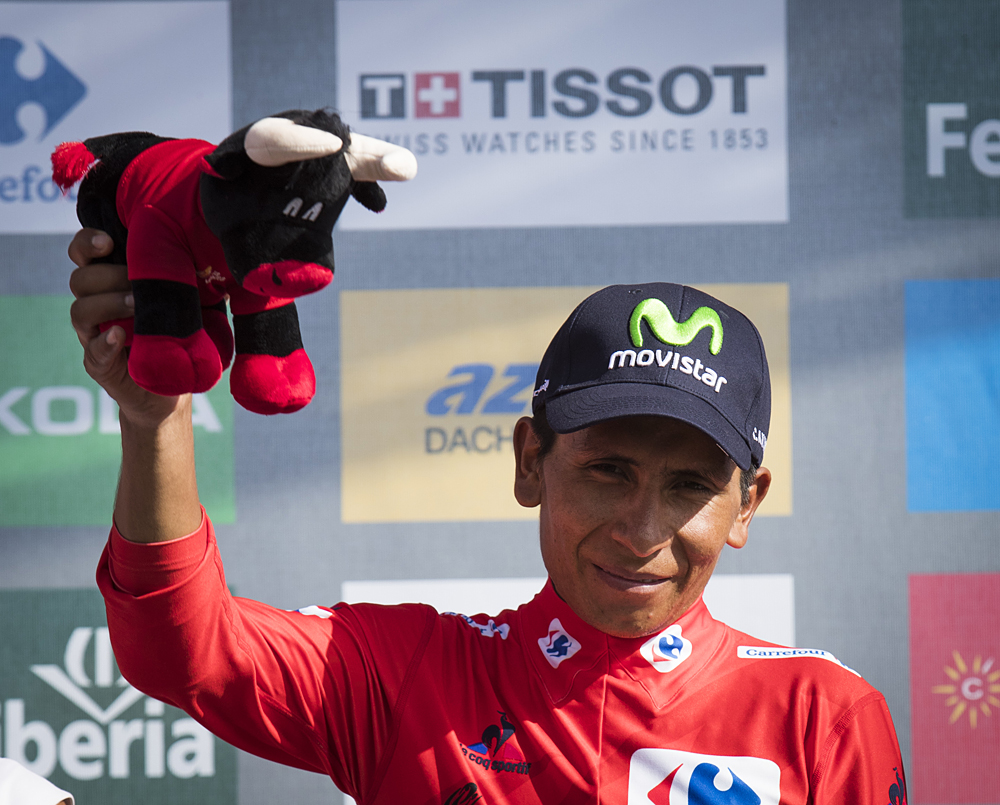
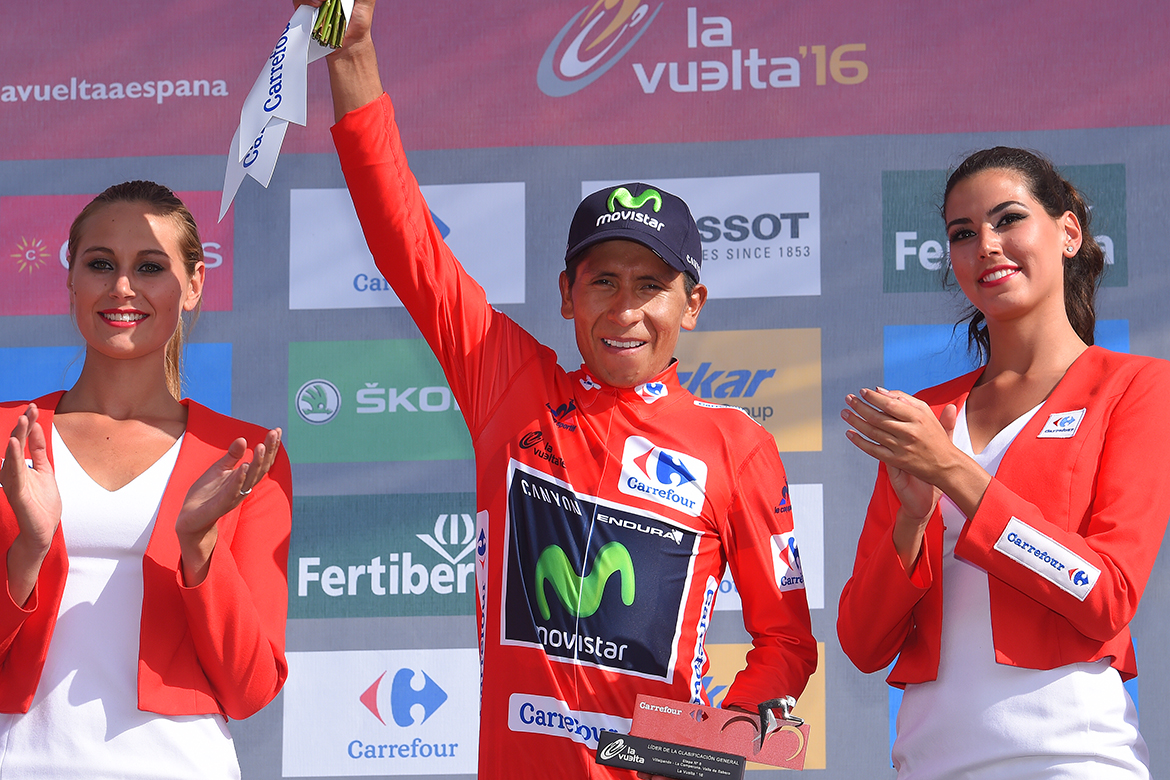
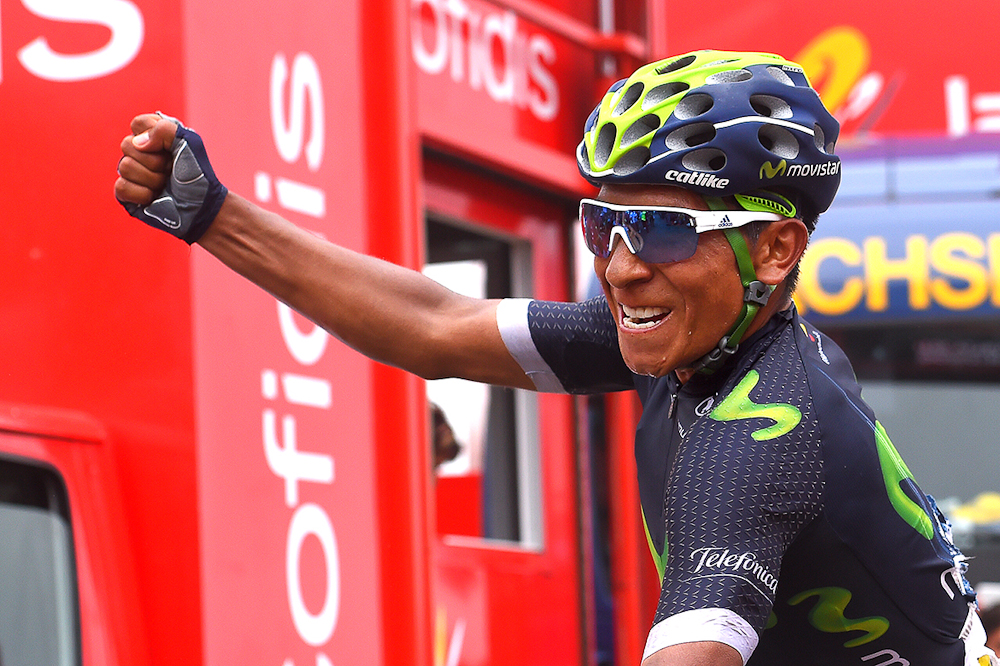
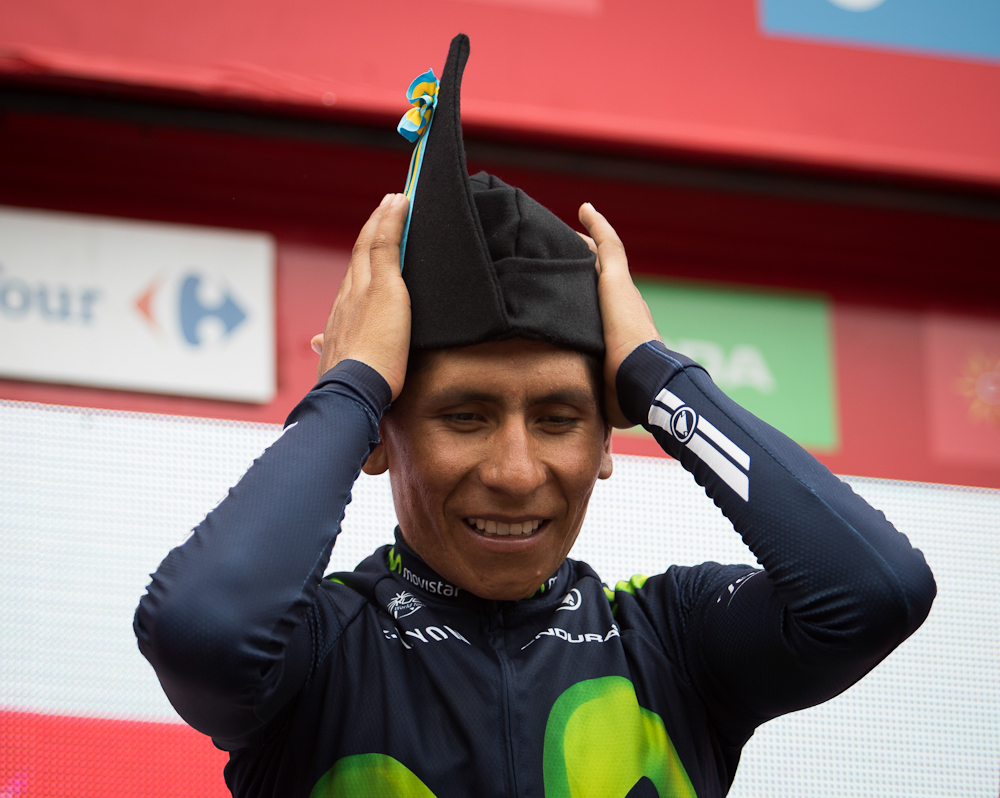
Nairo Quintana's first-ever stage victory in the Vuelta a Espana has seen the Colombian move back into the overall lead and notch up a win on one of Spain's most emblematic mountain-top finishes.
Froome, Contador, Quintana set the stage for another memorable Vuelta a Espana
Vuelta a Espana: Nairo Quintana wins stage 10
Vuelta a Espana stage 10 highlights - Video
Froome remains in Vuelta a Espana contention with dramatic bounce back
Contador struggles on Covadonga to remain in contention at Vuelta a Espana
Vuelta a Espana: How the GC contenders fared at Lagos de Covadonga
Showing his strong sense of history, Quintana was quick to name the two Colombian climbing legends, Oliverio Rincon and Lucho Herrera, who had previously won on the Lagos de Covadonga, and which now sees the latest top South American cycling star move into the overall lead. Memories of his lacklustre Tour de France are increasingly a thing of the past - at least in Spain.
Interestingly, in 1983 the Lagos de Covadonga was also where Spain's Marino Lejaretta managed to distance Bernard Hinault, at that point a four-time winner in the Tour de France. Hinault finally turned the tables on the young Spaniard, but only after a battle royale - one which looks likely to be repeated this year between Froome, the current top name in Grand Tours, and Quintana, but with the outcome yet to be decided.
Twenty-five seconds ahead of Froome at the finish line, Quintana is now placed ahead of teammate Alejandro Valverde by 57 seconds, with Froome in third at 58 seconds. Esteban Chaves (Orica-BikeExchange) fought hard to finish ahead of Alberto Contador (Tinkoff) and is fourth at 2:09. Contador is fifth at a distant 2:54.
For Quintana, having already struck one solid blow in the Alto de la Camperona that netted him the overall lead, after briefly ceding the jersey to David De La Cruz, his second top climbing display in three days at the Lagos de Covadonga has returned him to the top place on GC. He dedicated the win to his mother and to his team.
"I'm very pleased to get the victory here, in what is such an iconic climb," Quintana said. "I was dreaming of winning on a summit of champions. I checked out the climb beforehand because I knew it was so important. I was dreaming of having my name alongside compatriots like Herrera and Rincón, together with other magnificent riders."
He attacked, he said, after a massive acceleration by former leader and teammate Rubén Fernandez. "I thought Froome was not on a good day. Then when Contador went for it, I decided to follow up that attack, because I felt I was going strongly, even though I crashed early on in the stage. Froome followed me up the climb, but then he got dropped quickly."
Get The Leadout Newsletter
The latest race content, interviews, features, reviews and expert buying guides, direct to your inbox!
Quintana said he had crashed early on the stage when the front part of the bunch went down and as there were a number of riders braking hard, he fell. "It hurts a lot, but I hope it doesn't last too long. My hip, elbow and knee are all injured. Thanks be to God, this Tuesday we have a much-deserved restday and I will take advantage of that to ease back a little and rest."
Quintana explained that in the Tour he had had "health problems" without going into details, but that he has had "no such problems in this Vuelta." But he does not see, with only a 58-second advantage on Froome, that the race is in any way sewn up in his favour.
"Froome remains the number one favourite, and I need three minutes prior to the time trial [on stage 19] to be sure I can win. I find his way of racing very difficult to understand. But little by little I'm getting used to the way he rides and I hope that we can find a way of opening up even more of a gap on gc."
Alasdair Fotheringham has been reporting on cycling since 1991. He has covered every Tour de France since 1992 bar one, as well as numerous other bike races of all shapes and sizes, ranging from the Olympic Games in 2008 to the now sadly defunct Subida a Urkiola hill climb in Spain. As well as working for Cyclingnews, he has also written for The Independent, The Guardian, ProCycling, The Express and Reuters.
